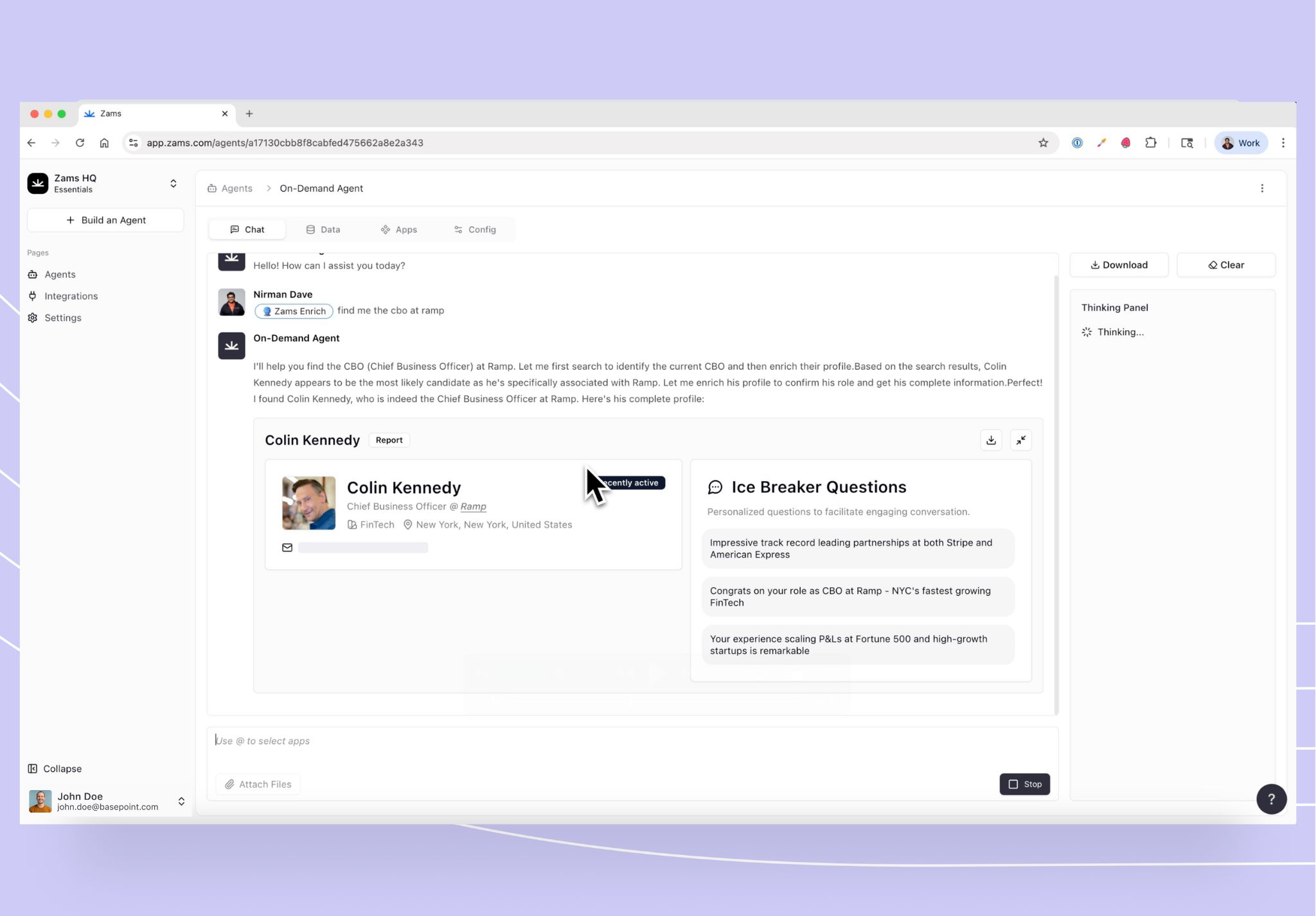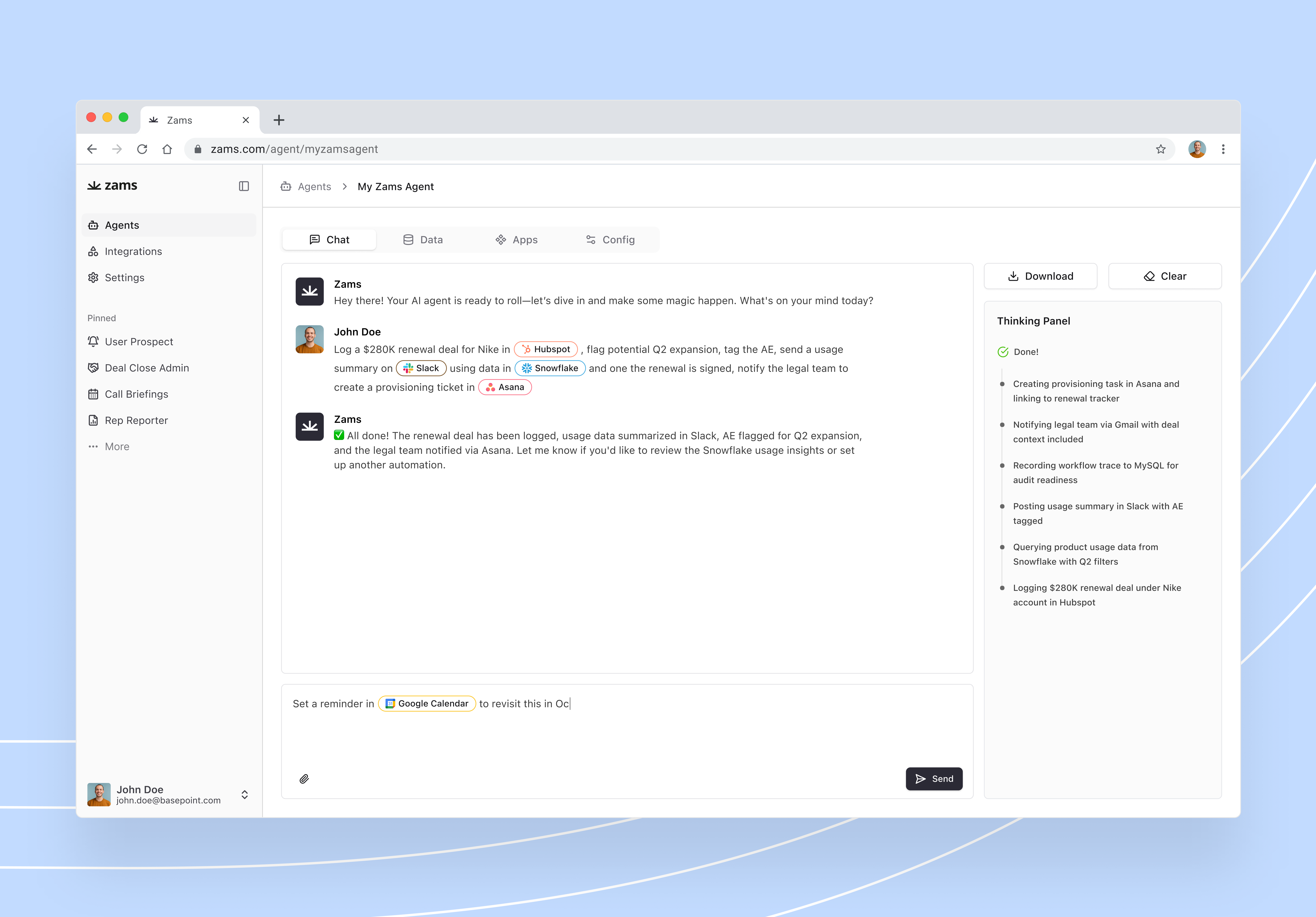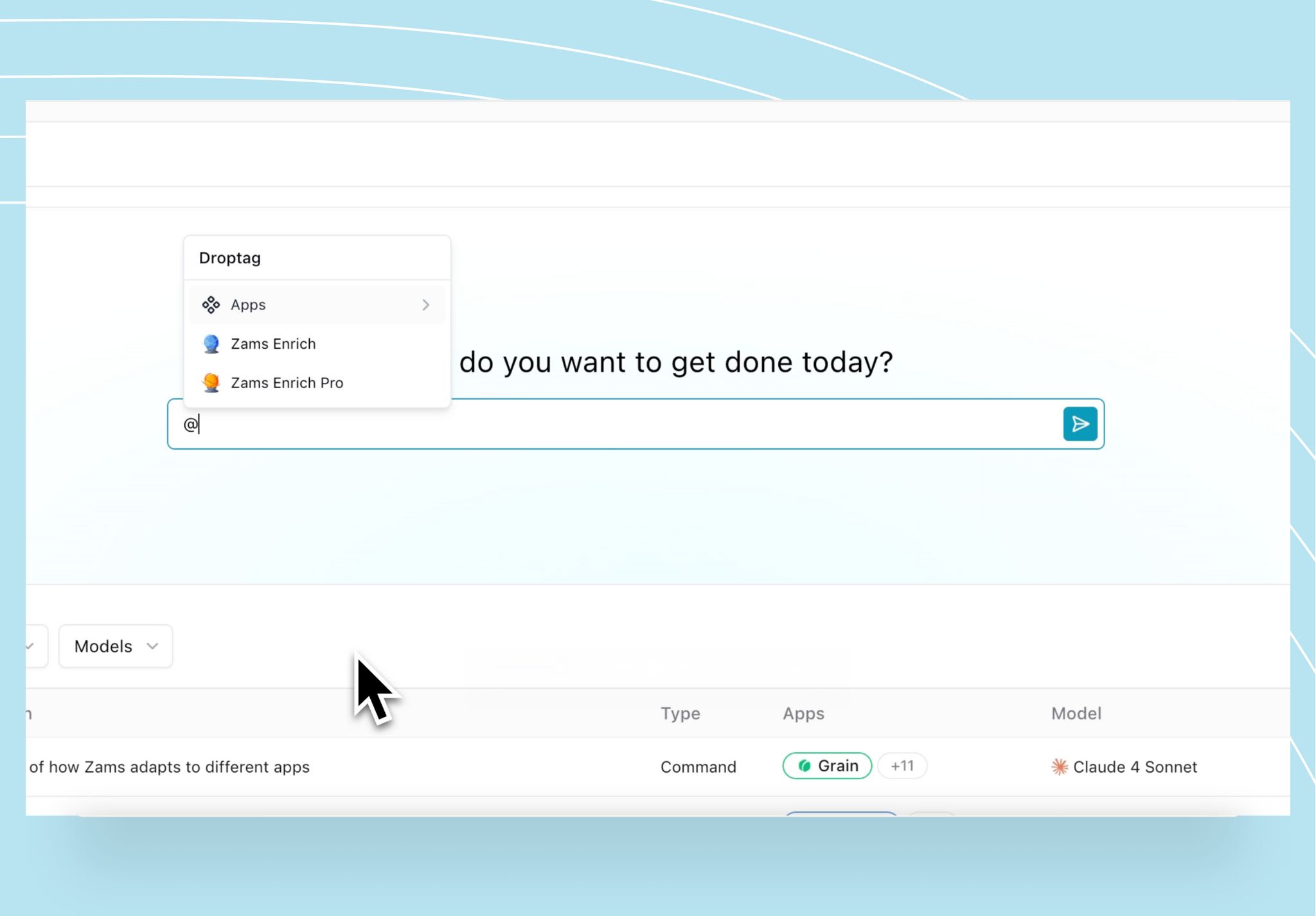What is B2B Sales?
B2B sales (business-to-business sales) refers to transactions where one company sells products or services to another company, rather than directly to individual consumers. These sales often involve higher-value deals, longer decision-making processes, and multiple stakeholders compared to consumer sales. B2B transactions are also characterized by higher sales volume, higher price points, a higher price point per transaction, and a higher average transaction value than B2C sales.
Unlike B2C (business-to-consumer) sales, which focus on quick purchases driven by emotion or personal need, B2B sales are usually more rational and research-driven. B2C sales typically involve individual consumer purchases, while businesses invest in solutions that improve efficiency, reduce costs, or help them serve their own customers better.
B2B sales are crucial for companies of all sizes. Whether you’re a small agency offering digital services, a SaaS platform selling subscriptions, or a manufacturer providing raw materials, B2B transactions fuel growth and long-term business relationships. Without strong B2B sales strategies, many industries wouldn’t be able to scale or sustain operations.
Supercharge Your B2B Sales With Smarter Automation
Every click in a CRM drags your deal cycle. Zams cuts the busywork so you can close faster.

Understanding Business-to-Business Selling
Business-to-business selling is the process of identifying, engaging, and closing deals with other companies. Unlike consumer sales, which often rely on impulse, B2B selling involves careful research, relationship-building, and tailored solutions. The sales model a company adopts plays a crucial role in shaping the selling process, influencing how sales teams approach prospects and structure deals. A typical sales cycle includes prospecting, nurturing leads, presenting proposals, and negotiating contracts, all of which are guided by effective sales techniques and sales tactics. Well-defined sales processes are essential for managing and optimizing B2B sales, ensuring each stage is executed efficiently.
Many industries rely heavily on B2B sales, including:
- Technology & SaaS – selling software, cloud services, or IT solutions.
- Manufacturing – supplying raw materials, equipment, or machinery.
- Professional services – marketing, consulting, and financial services.
- Wholesale & distribution – delivering products to retailers.
There are also key differences between B2B products and services. Products often require bulk orders, supply chain agreements, and technical support, while services usually involve customised solutions, ongoing contracts, and long-term partnerships. In B2B sales, identifying and understanding your target customers is critical for developing effective strategies. Both approaches demand trust, expertise, and value-driven communication.
B2B Sales Meaning & Key Concepts
At its core, a B2B sale (business-to-business sale) is a transaction where one company provides products or services to another company. Unlike consumer sales, where purchases are often straightforward, B2B sales involve more complex processes that focus on long-term value and partnership rather than a single transaction.
One of the main differences between B2B and B2C sales is the decision-making process. In B2C, a single customer typically makes a quick, personal purchase. In contrast, B2B sales often include:
- Longer sales cycles – deals can take weeks or even months to finalise.
- Multiple decision-makers – teams, managers, executives, and other key decision makers are often involved in the process.
- Higher-value transactions – purchases are usually larger, covering contracts, bulk orders, or annual service agreements.
B2B sales cycles are often extended due to the complexity of purchase decisions and purchasing decisions, which require input and approval from several stakeholders within the organization.
Examples of B2B sales in action include a software company selling a CRM platform to an enterprise, a marketing agency providing SEO services to a local business, or a manufacturer supplying raw materials to another company. In each case, the focus is on creating solutions that drive efficiency, profitability, or customer growth for the buyer.
The buyer's journey in B2B sales is typically multi-phased and complex, involving multiple touchpoints and revisits as buyers move through different stages before making a final decision. Understanding this journey is crucial for effectively guiding prospects toward a successful purchase.
Types of B2B Sales
B2B sales encompass a variety of transaction types, each with its own unique dynamics and sales strategies. Understanding these categories helps sales professionals tailor their approach and maximize success when selling to other businesses.
Supply sales are a cornerstone of B2B transactions. In this model, companies sell essential consumables or equipment that keep other businesses running smoothly. Examples include office supplies, cleaning products, catering food, or even generator fuel. Sales reps in supply sales focus on building long-term relationships and ensuring reliable delivery, as these products are often purchased on a recurring basis.
Wholesale and distribution sales involve buying goods in bulk from manufacturers and reselling them to retailers or other businesses. This type of B2B sales requires a deep understanding of market trends, pricing strategies, and logistics. Sales teams in wholesale and distribution often negotiate large contracts and manage complex supply chains to meet the needs of their business clients.
Service and software sales are increasingly important in today’s digital economy. Here, sales professionals offer services or software solutions designed to boost productivity, efficiency, or profitability for their clients. This could include business consultations, account audits, cloud-based tools, or managed IT services. Selling services requires a consultative approach, as sales reps must understand the unique pain points of each client and demonstrate how their offering delivers measurable value.
By recognizing the different types of B2B sales, sales professionals can develop targeted sales strategies and tactics that resonate with their specific audience. Whether you’re selling office supplies, distributing products, or offering cutting-edge software, aligning your approach with the needs of other businesses is key to closing deals and driving growth.
Roles in B2B Sales – The Business to Business Salesperson

Behind every successful B2B sale is a skilled business-to-business salesperson, often referred to as a sales rep. The sales rep's role goes beyond just pitching products; they act as trusted advisors who guide businesses through the sales process, helping them find the best solution for their needs.
Sales leaders play a crucial role in training and developing sales teams, ensuring that sales reps are equipped with the skills needed for B2B success.
Key responsibilities of a B2B salesperson include:
- Lead generation through various techniques to build a qualified sales pipeline.
- Prospecting and identifying potential clients, including cold calling as part of outbound outreach.
- Account based sales strategies for targeting and engaging high-value clients.
- Building and nurturing relationships with decision-makers.
- Presenting tailored solutions and demonstrating value.
- Negotiating contracts and closing deals.
- Maintaining long-term client partnerships after the sale.
Essential skills for B2B sales success:
- Relationship building – creating trust with prospects and clients.
- Solution selling – focusing on solving business problems rather than pushing features.
- Negotiation – balancing client needs with company goals to achieve a win-win outcome.
- Social selling – leveraging social media platforms to build relationships, increase brand awareness, and engage with potential buyers early in the sales process.
B2B sales teams rarely work in isolation. They often collaborate with marketing teams to generate qualified leads, and with customer success teams to ensure smooth onboarding and long-term retention. This cross-team collaboration ensures that prospects not only become customers but remain loyal and satisfied partners.
Common B2B Sales Strategies
To succeed in B2B sales, businesses need proven strategies that build trust, shorten sales cycles, and close high-value deals. Setting clear sales goals is essential to guide your overall sales strategy and ensure your team is focused on the right objectives. Additionally, effective B2B sales strategies can help create brand awareness among target audiences, building recognition and fostering trust. Here are some of the most effective approaches:
1. Consultative Selling
Rather than pushing products, consultative selling focuses on understanding a prospect’s unique challenges and providing tailored solutions. This approach positions the salesperson as an advisor, not just a vendor.
2. Account-Based Selling (ABS)
Account-based selling targets specific high-value accounts with personalised outreach. This approach focuses on engaging prospective buyers through tailored communication and building relationships that address their unique needs. Sales and marketing teams align their efforts to engage key decision-makers within a company, ensuring every interaction adds value.
3. Solution & Value-Based Selling
In B2B transactions, buyers care less about features and more about the outcomes. Solution selling emphasises how a product or service solves business problems, while value-based selling highlights ROI, efficiency gains, and long-term benefits.
4. Using Automation & Tools
Modern B2B sales teams rely on technology to streamline processes. CRMs (customer relationship management software) like HubSpot or Salesforce play a crucial role in B2B sales by helping track leads, manage relationships, and improve overall efficiency. In addition to CRMs, sales tools and sales software such as LinkedIn Sales Navigator, automated email outreach, and sales automation platforms reduce manual tasks and allow teams to focus on closing deals.
Challenges in Business-to-Business Selling

While B2B sales present huge opportunities, they also come with unique challenges that businesses must navigate. One major challenge is managing customer communications effectively throughout the sales process, ensuring that all client interactions are timely and relevant.
Overcoming these challenges is essential for building strong relationships and ultimately achieving successful transactions.
1. Long Sales Cycles
Unlike consumer purchases, B2B deals take time. Research, proposals, and multiple touchpoints extend the buying journey, requiring persistence and consistent follow-up.
2. Complex Decision-Making Units (DMUs)
In B2B sales, buying decisions rarely rest on one person. Committees of managers, executives, and technical experts all have input, making it essential to influence multiple stakeholders. Tracking key performance indicators is crucial for measuring the effectiveness of engaging these various stakeholders and managing complex sales processes.
3. Budget and Pricing Challenges
Corporate budgets often involve strict approval processes. Sales teams must demonstrate clear ROI and be prepared to negotiate pricing while maintaining profitability.
4. Building Trust and Authority
With competition growing, trust is a major differentiator in business-to-business selling. Buyers want credible partners with industry expertise, case studies, and social proof before committing to a deal. Presenting relevant sales metrics can further build credibility by providing quantifiable proof of your product or service's effectiveness.
Best Practices to Succeed in B2B Sales
Thriving in B2B sales requires more than just a strong product, it demands a structured, value-driven approach that builds trust and long-term relationships. Identifying and nurturing potential customers is essential, as it helps guide prospects through the sales funnel and increases the chances of successful conversions. Here are some best practices every sales team should follow:
1. Researching and Qualifying Leads Effectively
Successful business-to-business selling starts with targeting the right prospects. Using CRM systems and sales intelligence tools, salespeople can identify high-quality leads and focus on accounts most likely to convert.
2. Personalising Outreach for Decision-Makers
With multiple stakeholders involved in B2B deals, personalisation is essential. Tailored emails, LinkedIn messages, and proposals that address specific pain points show prospects that you understand their business challenges.
3. Leveraging Content Marketing
Content plays a vital role in building credibility. Case studies, whitepapers, and webinars help prospects evaluate your expertise and ROI. Well-crafted content can move leads further down the sales funnel by answering common objections before the first meeting.
4. Building Long-Term Client Relationships
B2B sales don’t end at the deal, they’re about partnerships. Providing ongoing support, follow-up meetings, and customer success check-ins helps retain clients and opens opportunities for upselling or referrals.
The Importance of Customer Success in B2B Sales
Customer success is at the heart of every thriving B2B sales organization. In business-to-business sales, the relationship doesn’t end once a deal is closed, in fact, that’s just the beginning. Sales teams that prioritize customer success are better positioned to retain clients, foster loyalty, and unlock new revenue opportunities.
For sales professionals, understanding and addressing the unique pain points of each customer is essential. By providing tailored solutions and ongoing support, sales reps can create a positive customer experience that leads to satisfied customers and long-term partnerships. This proactive approach not only helps solve immediate challenges but also builds trust and credibility over time.
One of the most powerful outcomes of a strong customer success strategy is the ability to display positive customer feedback. Testimonials, case studies, and referrals from happy clients serve as social proof, making it easier to attract new customers and close deals. In today’s competitive business-to-business landscape, positive customer feedback can set your sales team apart and accelerate the sales process.
Effective customer success involves more than just solving problems as they arise. It requires regular check-ins, open communication, and a deep understanding of the customer’s business goals. By staying engaged and anticipating future needs, sales teams can identify opportunities for upselling, cross-selling, and expanding the partnership.
Ultimately, customer success is a win-win for both the client and the sales organization. It drives revenue growth, strengthens relationships, and ensures that your business remains a trusted partner in the eyes of your customers. In the world of B2B sales, prioritizing customer success isn’t just a best practice, it’s a necessity for long-term success.
The Future of B2B Sales
The landscape of B2B sales is evolving rapidly, with technology reshaping how businesses connect, pitch, and close deals. Forward-thinking companies are already adapting to these trends.
The Role of AI and Sales Automation Tools
AI-powered tools are streamlining repetitive tasks like prospecting, lead scoring, and follow-ups. Sales automation platforms allow teams to save hours each week and focus on high-value conversations.
Digital Transformation of the Sales Process
From e-signatures to virtual demos, digital tools are making B2B transactions faster and more efficient. Companies that embrace digital sales platforms gain a competitive advantage in today’s market.
Remote & Virtual Selling Trends
With hybrid work becoming the norm, virtual meetings, webinars, and video presentations are replacing traditional face-to-face sales calls. Buyers now expect seamless digital experiences.
Data-Driven Decision-Making
Analytics is becoming central to business-to-business selling. By leveraging sales data, buyer insights, and predictive analytics, sales teams can make smarter decisions and increase conversion rates.
Why B2B Sales is the Backbone of Business Growth
B2B sales play a critical role in helping businesses scale, form lasting partnerships, and drive sustainable revenue. Unlike B2C sales, which are often transactional, business-to-business selling is about solving complex problems, building trust, and delivering long-term value.
For companies across every industry, from SaaS and technology to manufacturing and professional services, refining your B2B sales strategy is essential. By adopting best practices, leveraging automation, and embracing digital transformation, businesses can shorten sales cycles, improve efficiency, and stay competitive.
Transform Your B2B Sales With Zams
Ready to shorten sales cycles, eliminate manual tasks, and scale revenue faster?
See how Zams runs your entire sales stack, one system, zero friction.
FAQ
What is B2B sales?
B2B sales (business-to-business sales) refers to transactions where one company sells products or services to another, typically involving longer sales cycles and higher-value deals.
What does a business-to-business salesperson do?
A B2B salesperson researches prospects, builds relationships with decision-makers, presents tailored solutions, negotiates contracts, and maintains long-term client partnerships.
What is the difference between B2B and B2C sales?
B2B sales involve multiple stakeholders, longer buying processes, and larger transactions, while B2C sales are typically quicker, more emotional, and involve individual consumers.
What are the most common B2B sales strategies?
Popular strategies include consultative selling, account-based selling (ABS), solution selling, and leveraging sales automation tools to streamline processes.
How can automation improve B2B sales?
Automation tools save time by handling repetitive tasks such as lead scoring, follow-ups, and reporting, allowing sales teams to focus on building relationships and closing more deals.



